Language
- Deutsch
- English
- Español
- Français
- Italiano
- Nederlands
- Português
Currency
- AUD Australian Dollar
- CAD Canadian Dollar
- EUR Euro
- GBP Pound Sterling
- SGD Singapore Dollar
- USD US Dollar
- ZAR Rand

Zimbabwe is Southern Africa's undisputed hidden gem. A country with breathtaking wildlife parks, some of the best guides in Africa, and see-it-to-believe-it landscapes, Zimbabwe offers unbeatable value-for-money safaris far away from the crowds.
Many camps and lodges in Zimbabwe's main wildlife parks are directly involved in fantastic initiatives to help conserve the country's precious animals. These establishments also have a deep commitment to supporting and investing in underprivileged communities living on the outskirts of these parks. This means a significant slice of your travel budget goes directly to helping community ventures, as well as wildlife conservation.
Here is a list of our favourite community projects, initiatives and conservation programmes nurtured by lodges and camps in Zimbabwe:
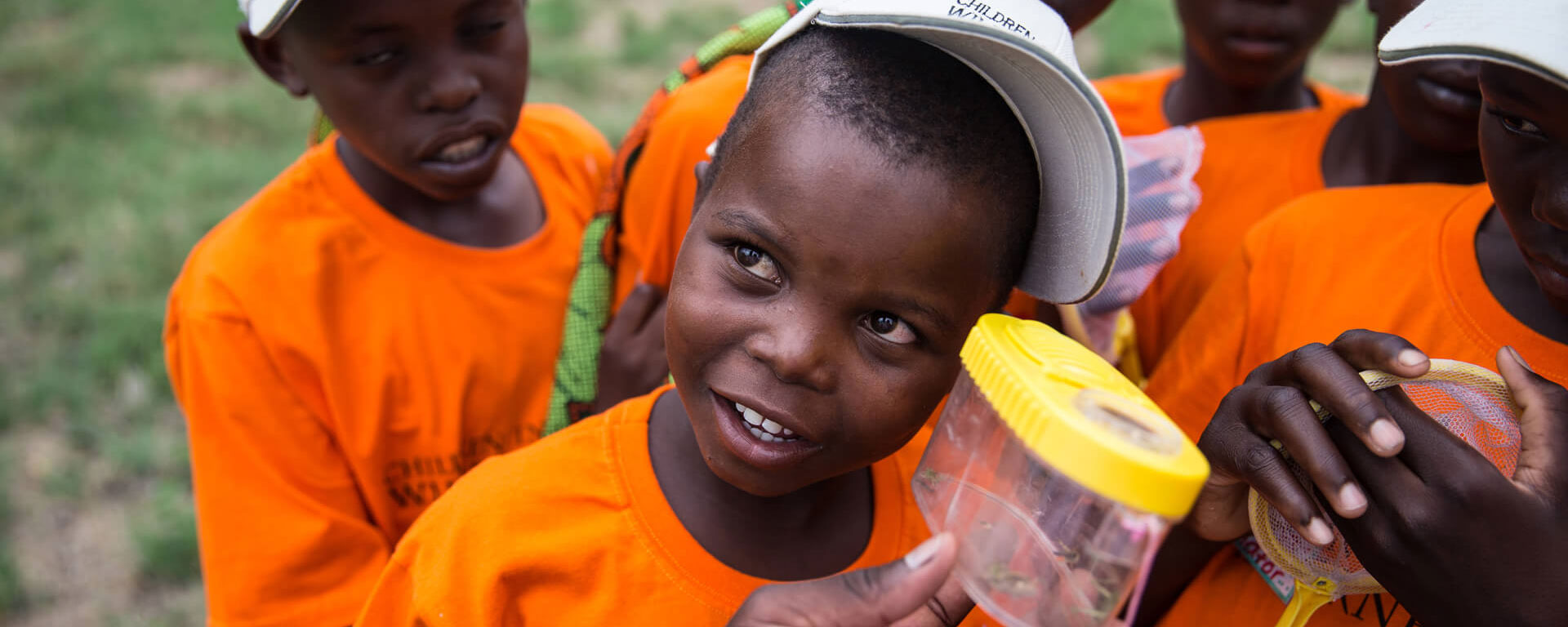
Every year for a fun-filled week, Davison’s Camp (and several other Wilderness Safaris camps) are closed for guests while it runs the Children in the Wilderness programme. Children from neighbouring villages around Hwange National Park are hosted at the camp and participate in many wildlife activities and interactive workshops. They receive valuable life skills training and career guidance and learn about the geography and geology of Hwange, environmental management, conservation, and wildlife photography.
The goal is to teach young children about the positive impact of healthy wilderness areas on their communities and greater Zimbabwe. Children are the future custodians of Africa and by exposing kids to their natural heritage, Children in the Wilderness aims to stimulate a greater understanding and appreciation of wildlife conservation and eco-friendly living.
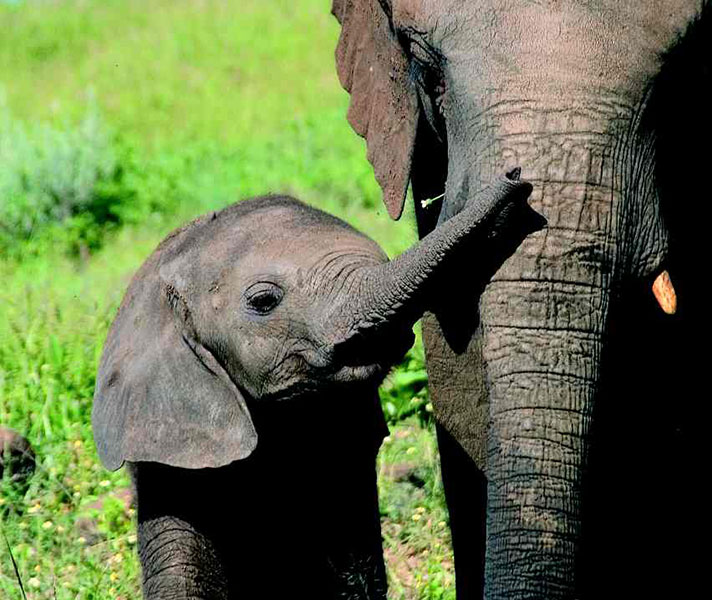
In 1992, four young elephants were orphaned because of a culling operation in Hwange National Park. Fortunately for Jock, Jack, Jumbo and Miz Ellie, they were given a loving home at the Wild Horizons Elephant Sanctuary and Orphanage – which has been a haven for them and other orphaned and injured elephants since it was established. Wild Horizons believes that the best environment for any elephant is the wild, thus the organisation strives to return as many recovered ellies as possible to their natural environment.
Today, guests at the adjoining Elephant Camp can not only enjoy thrilling tours to Victoria Falls (about a 20-minute drive away), but they can meet and interact with the ellies at the sanctuary.
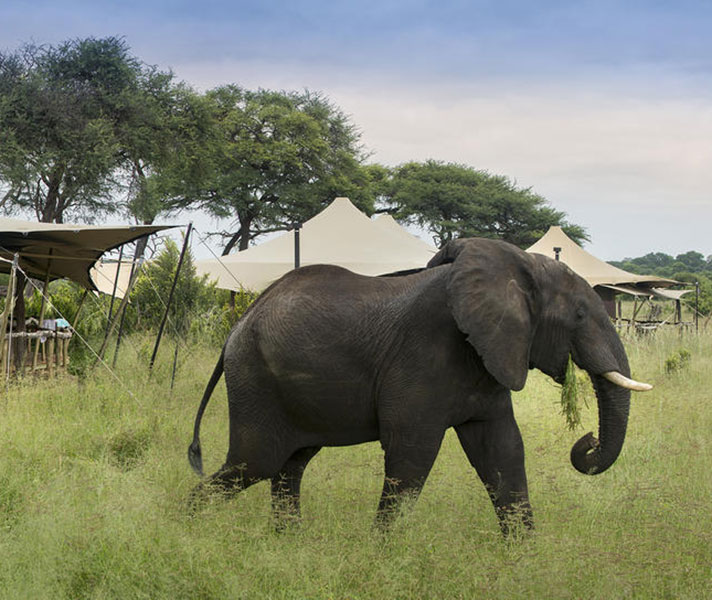
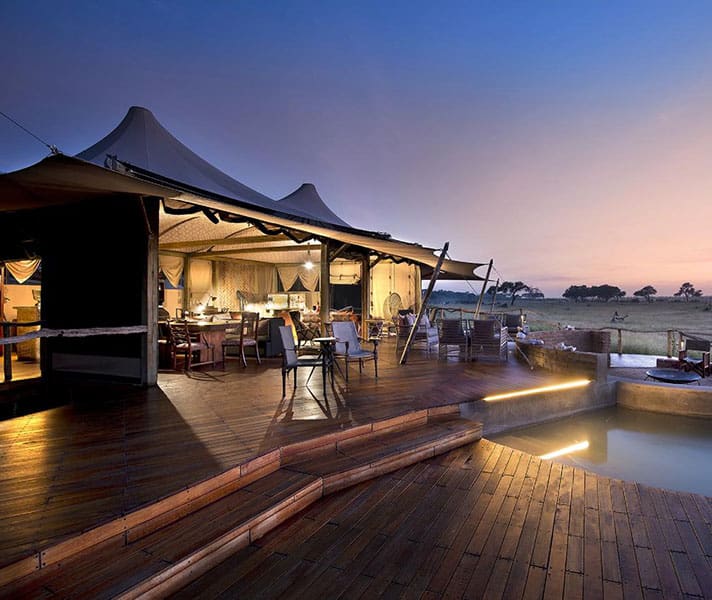
For the people of Mambanje, a rural village neighbouring Hwange, keeping their livestock alive and safe from lions was a daily struggle. But thanks to an innovation from Somalisa’s African Bush Camps Foundation, the animal-human conflict around Hwange has reduced dramatically.
The Mobile Cattle Boma Project replaces traditional bomas (enclosures for animals) with boma ‘walls’ made from white PVC. These sheets are supported by poles and strung up with ropes or cables to form a curtain-like enclosure around cattle, donkeys and goats. Lions are intimidated by a white, opaque barrier and will not challenge it – a ploy used when capturing other wild animals. Livestock can safely be sheltered at night and the people of Mambanje can sleep peacefully. Better yet, the cows loosen the soil inside the bomas and trample in their nourishing dung, mixing it into the earth to create nutrient-rich soil. When a boma is moved to protect another community member’s livestock, the fertilised area that remains is used to plant crops and establish a garden for subsistence farming.
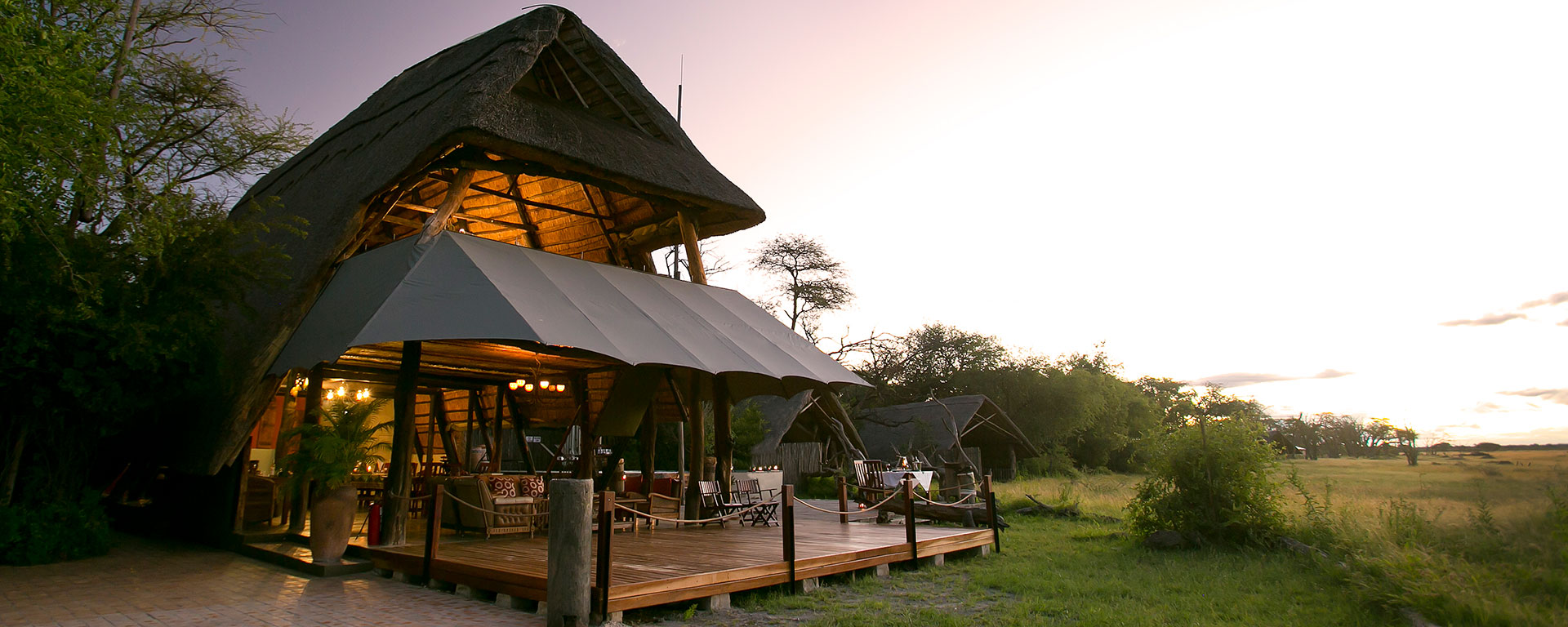
The Hide Community Trust has partnered with Chezhou Primary School, situated in a local community living on the outskirts of Hwange. It aims to relieve poverty and promote education and conservation by focusing on aspects like community capacity building, social enterprise, sustainable development and human-wildlife conflict solutions. The Hide firmly believes that community development programmes are crucial within the tourism industry and that local communities need constructive support, not charity.
The Hide provides Chezhou with educational materials and bursaries and has established conservation clubs. After the school almost collapsed due to a termite infestation, The Hide helped to rebuild it. The trust also installed a solar-powered water pump and tap, providing the children and surrounding community members with a reliable water supply. Growing food in this arid area of Zimbabwe is not easy but, thanks to The Hide’s introduction of permaculture practices, drip irrigation and a water tank, the kids are learning how to grow their own vegetables using sustainable methods, as well as selling the surplus to provide valuable income for the school.
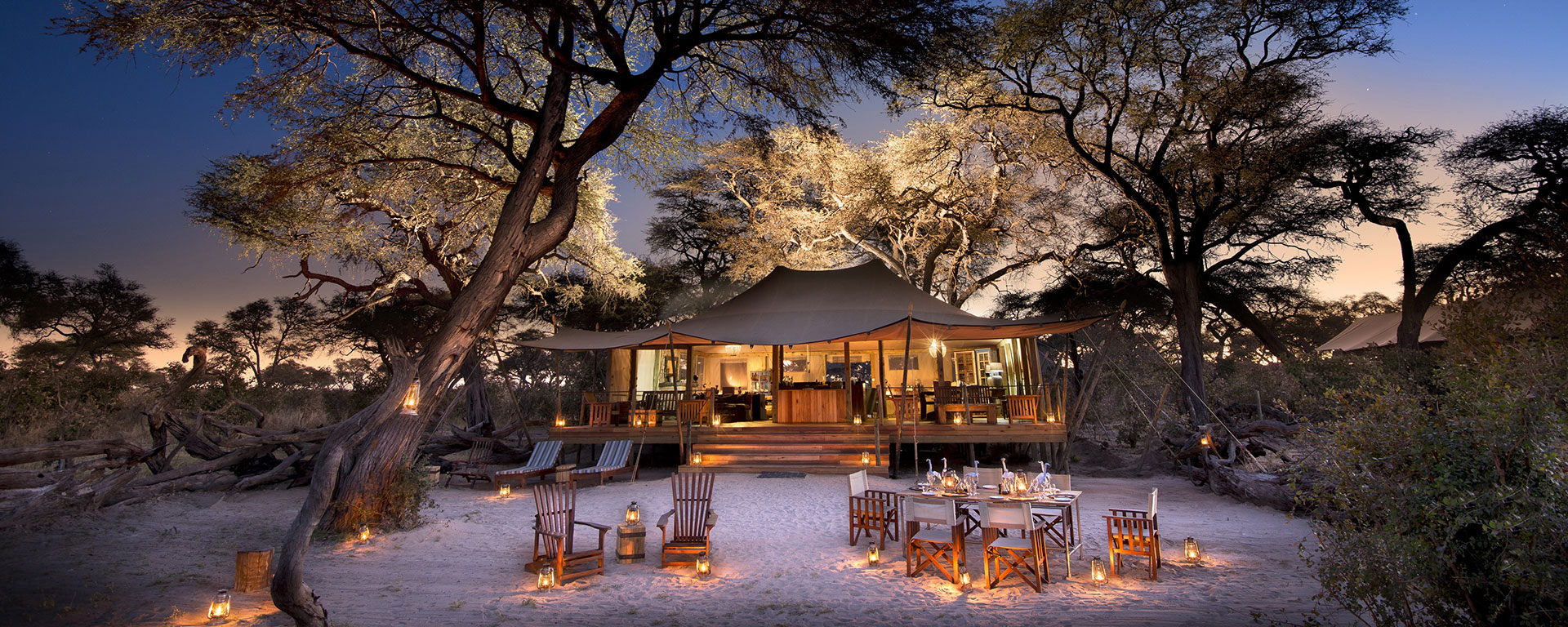
In 2010 a group of 16 resourceful individuals started the Vukani Group, an income-generation project based in Dete – an area near Hwange. There are high levels of poverty in Dete, very little education, and many young orphans due to HIV-Aids. The area also has no electricity or running water.
The Vukani Group helped to establish an organic garden, which has flourished into a thriving vegetable patch despite some challenges with water availability. A year later, a successful jewellery-making project was established. Unique earrings, necklaces and bracelets are hand-crafted using recycled materials like magazines. These beautiful and distinctive pieces can be purchased by guests at Somalisa Expeditions. The Vukani Group’s projects are based on a micro-finance model – initial investments are paid back and used to expand current projects or given to other groups in the community to assist in starting new ventures. This means that all funds remain in the community through a revolving finance model.
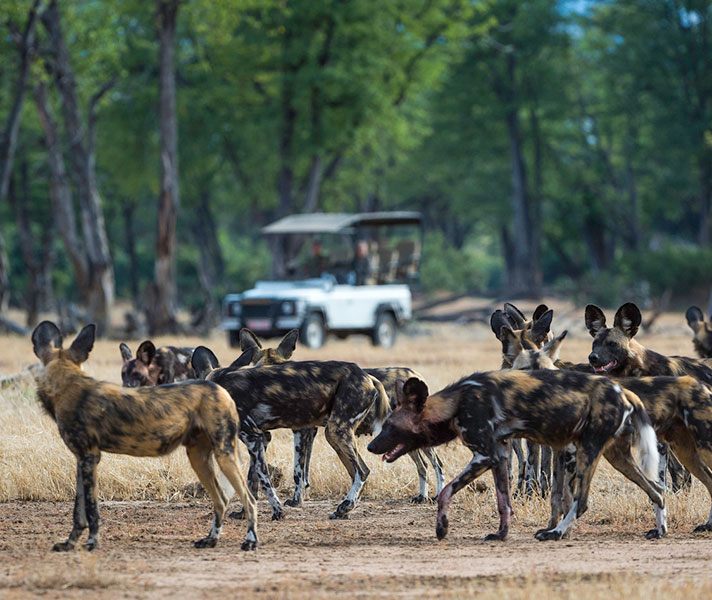
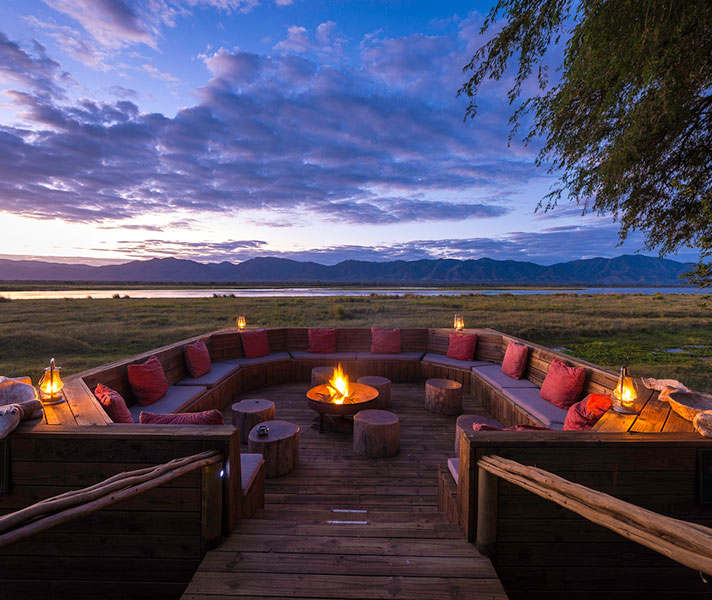
Ruckomechi’s conservation efforts in the beautiful Mana Pools National Park are aimed to tackle the most critical threats to the survival of wildlife like the African wild dog. Zimbabwe is one of the last strongholds of these ‘painted dogs’ and it’s estimated that there are less than 7 000 remaining in the wild.
The camp has teamed up with the Painted Dog Conservation Project, a wonderful initiative established in 1992 that works hard to protect and increase the range and numbers of endangered African wild dogs. The project employs local community members in valuable programme areas like anti-poaching units, rehabilitation facilities, conservation education, and community development and outreach. Ruckomechi assists the Painted Dog Conservation Project with the collection of data in Mana Pools. This research project investigates the population status of Zimbabwe’s wild dogs and their conflict with human settlements around the park.
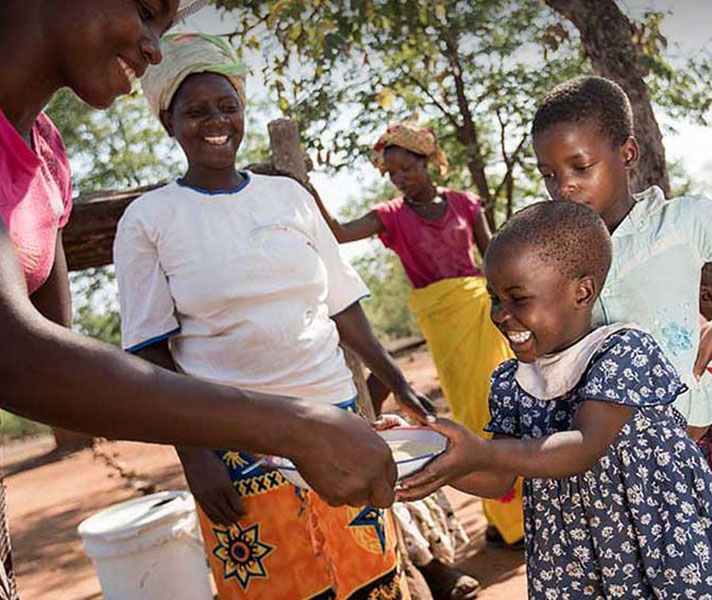
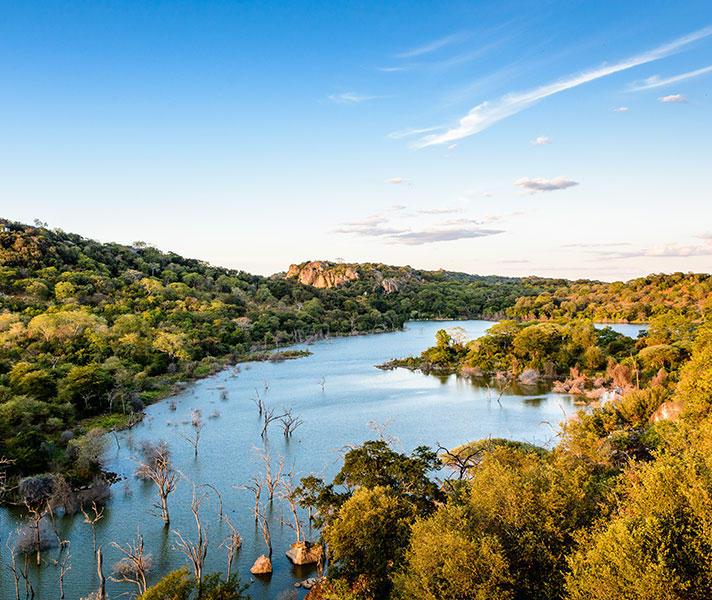
In 2002, schools in Zimbabwe reported a severe problem: children were malnourished and hungry. The issue became so serious that many children couldn’t even walk to school. The Malilangwe Trust, a non-profit organisation in Zimbabwe, established the Feeding Program in 2002 to play a constructive role in assisting communities in the country and to aid the cognitive development of children through required nutrition.
Initially planned to only be a 6-month intervention, the Feeding Program has been extended way beyond its short-term goals. Today, over 19 000 preschool children receive a meal every school day at close to 500 food distribution points. The meals are prepared by teachers and volunteer mothers who play a massive role in the development of children in their school environments. Pamushana’s guests are encouraged to donate towards the Feeding Program by funding a child’s meal every school day, funding one of the food distribution points, or generously funding the entire program. Donations start at a mere USD 15 per year.
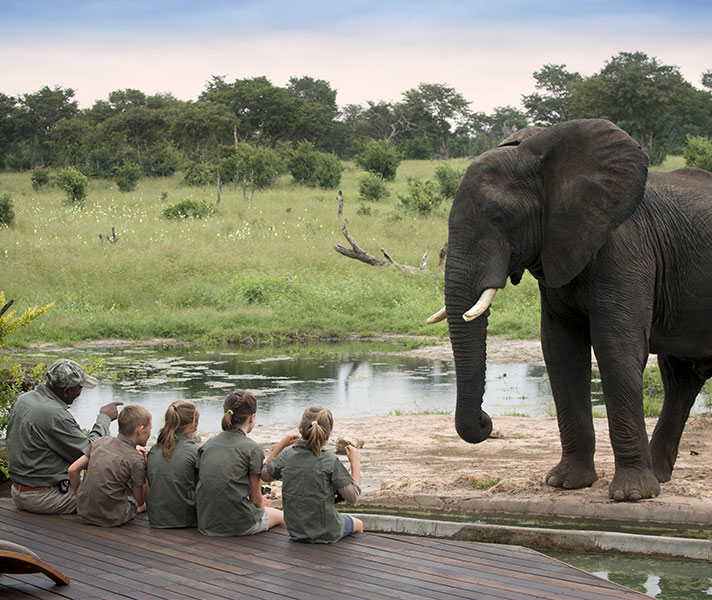
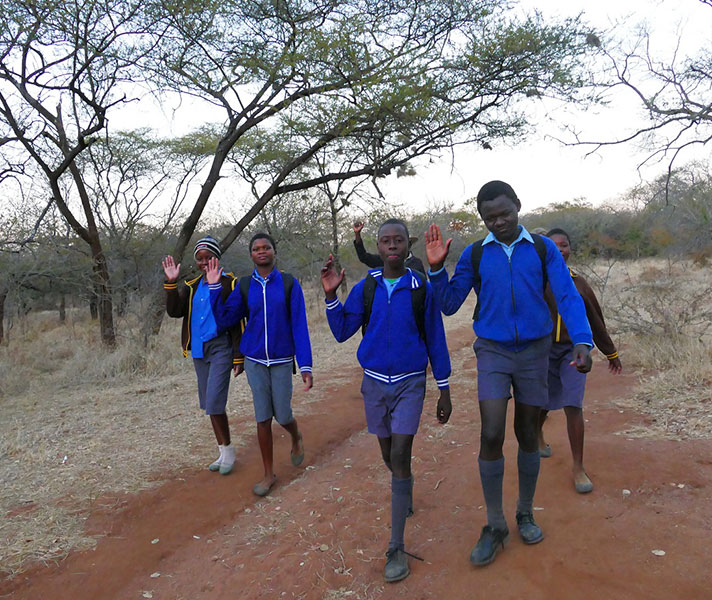
Mambanje is one of the most inaccessible and underdeveloped communities in Zimbabwe’s Hwange region. Here, students leave their homes at 5am, walk seven kilometres / four miles to school, and return at around 6:30pm – leaving very little time for homework and home life. This is a daily struggle for the children of Mambanje. There is a critical need for education development in this community, as many kids drop out of school to become cattle herders. The path to the school is dangerous due to roaming wildlife and instances of sexual assault, which demotivate the children and significantly raise the drop-out rate from primary to secondary school.
In response to Mambanje’s desperate need, Somalisa’s African Bush Camps Foundation secured funding for the construction of a teacher’s cottage, which provides accommodation for supplementary teachers at the community’s secondary school. The cottage also attracts highly qualified, government-appointed teachers, as housing near schools is often a difficult obstacle for qualified educators. The foundation is currently raising funds to build an additional classroom block that will serve as the initial space for the area’s satellite high school.
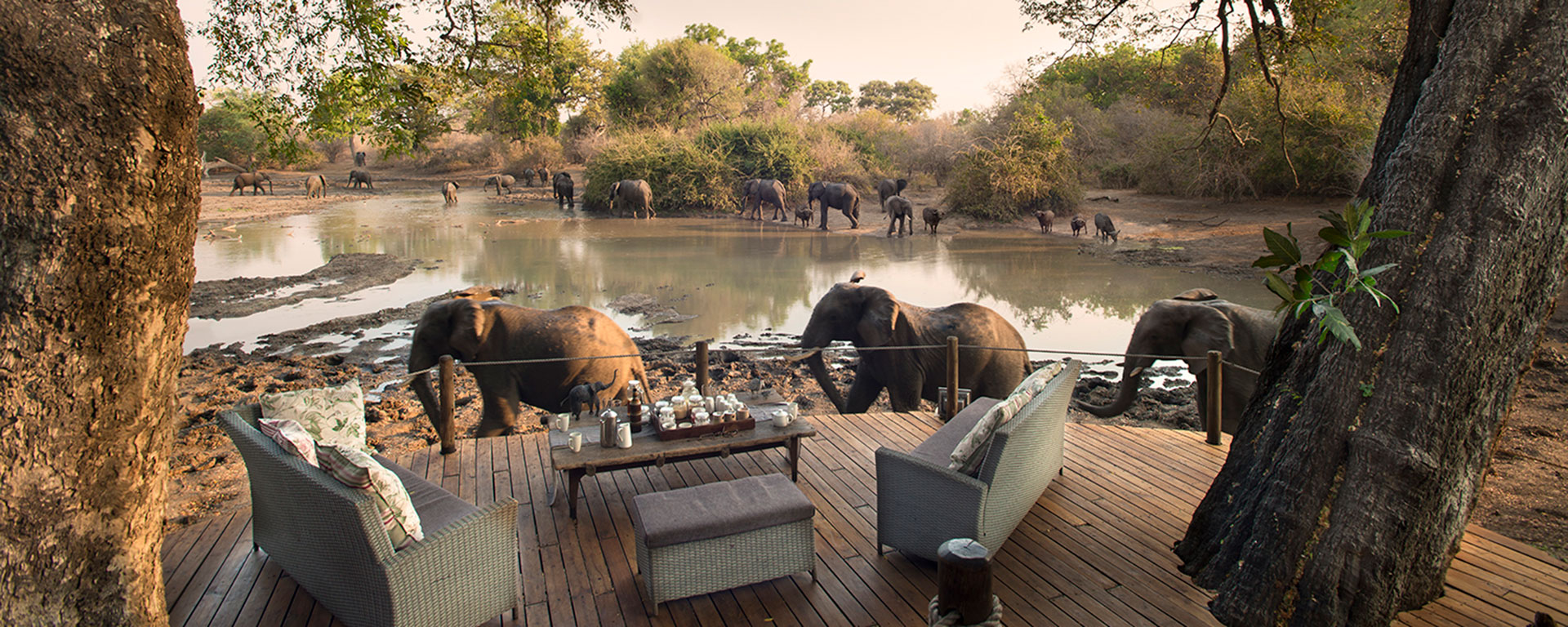
Zimbabwe’s Precious Life Foundation recognises vulnerable girls and women who come from difficult backgrounds and empowers them with education to reduce the number of orphans as a result of mothers who are financially unable to care for their babies.
Kanga Camp in Mana Pools offer graduates from the Precious Life Foundation the opportunity to work as interns at the camp for six months. The women gain valuable experience within the tourism and hospitality industry, receive superb training from the team and staff, and leave with precious skills and recommendations. The internship programme helps graduates to become independent and sets them up for future job opportunities. Since 2012, several graduates have successfully completed internship programmes at Kanga Camp.
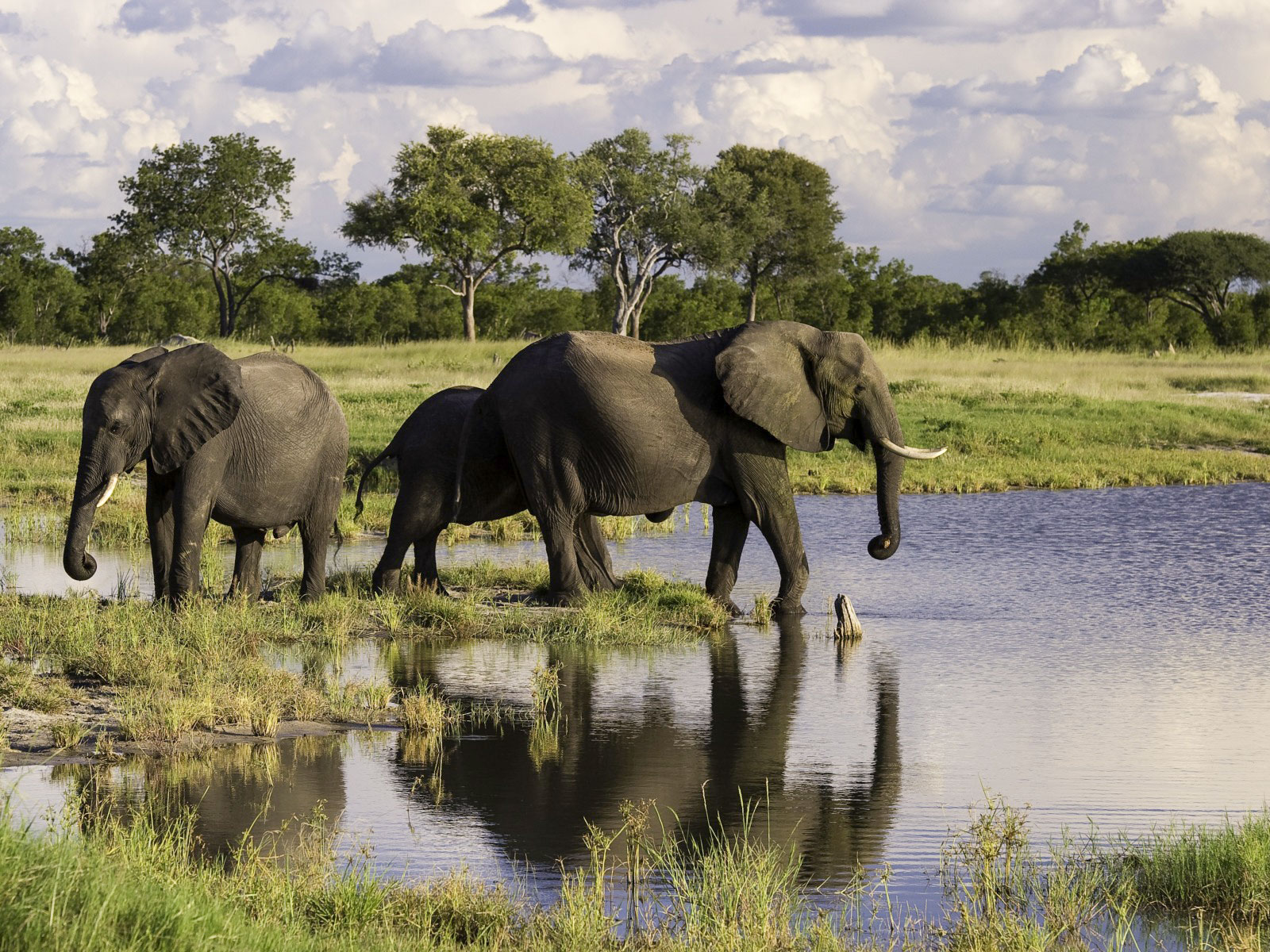
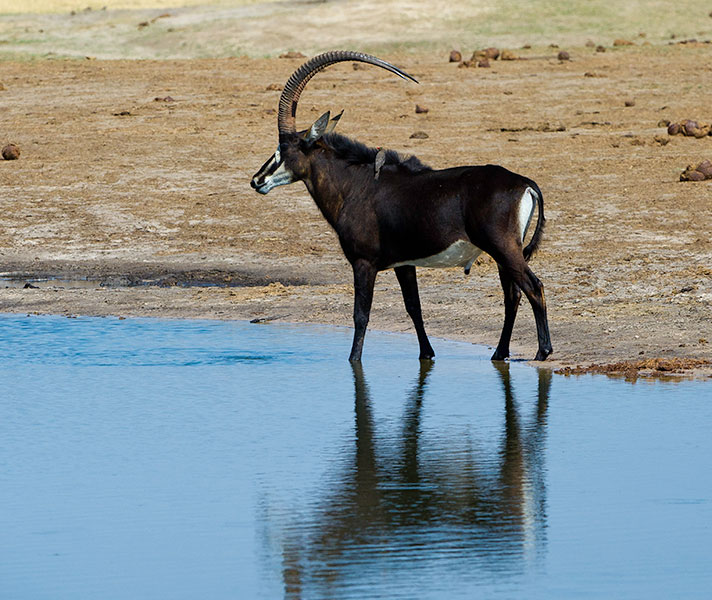
Most parks in Zimbabwe have boreholes that pump water from deep underground to sustain its precious wildlife. Hwange is no different but as it’s the country’s biggest national park, its limited water resources are tested to the limit during the dry months.
Since 2002, Little Makalolo and the other Wilderness Safaris camps in Hwange have been managing more than 20 boreholes around the clock. They support Zimbabwe’s Department of National Parks logistically and financially with integral tasks like refuelling and general maintenance required on these boreholes every 50 hours. But more importantly, they help to slake the thirst of Hwange’s invaluable wildlife.
It is heart-warming to experience the amazing commitment to empowering rural communities living in vulnerable wildlife areas around many of Zimbabwe’s safari camps and lodges. A tangible commitment to sustainable community development that fortunate guests at these establishments are able to witness.